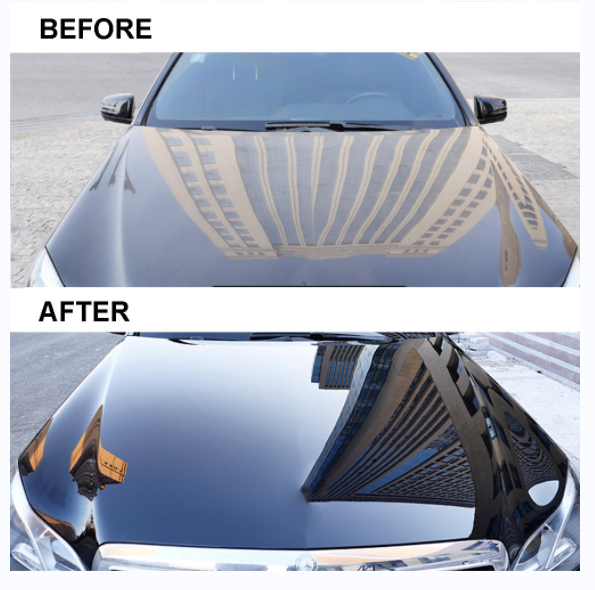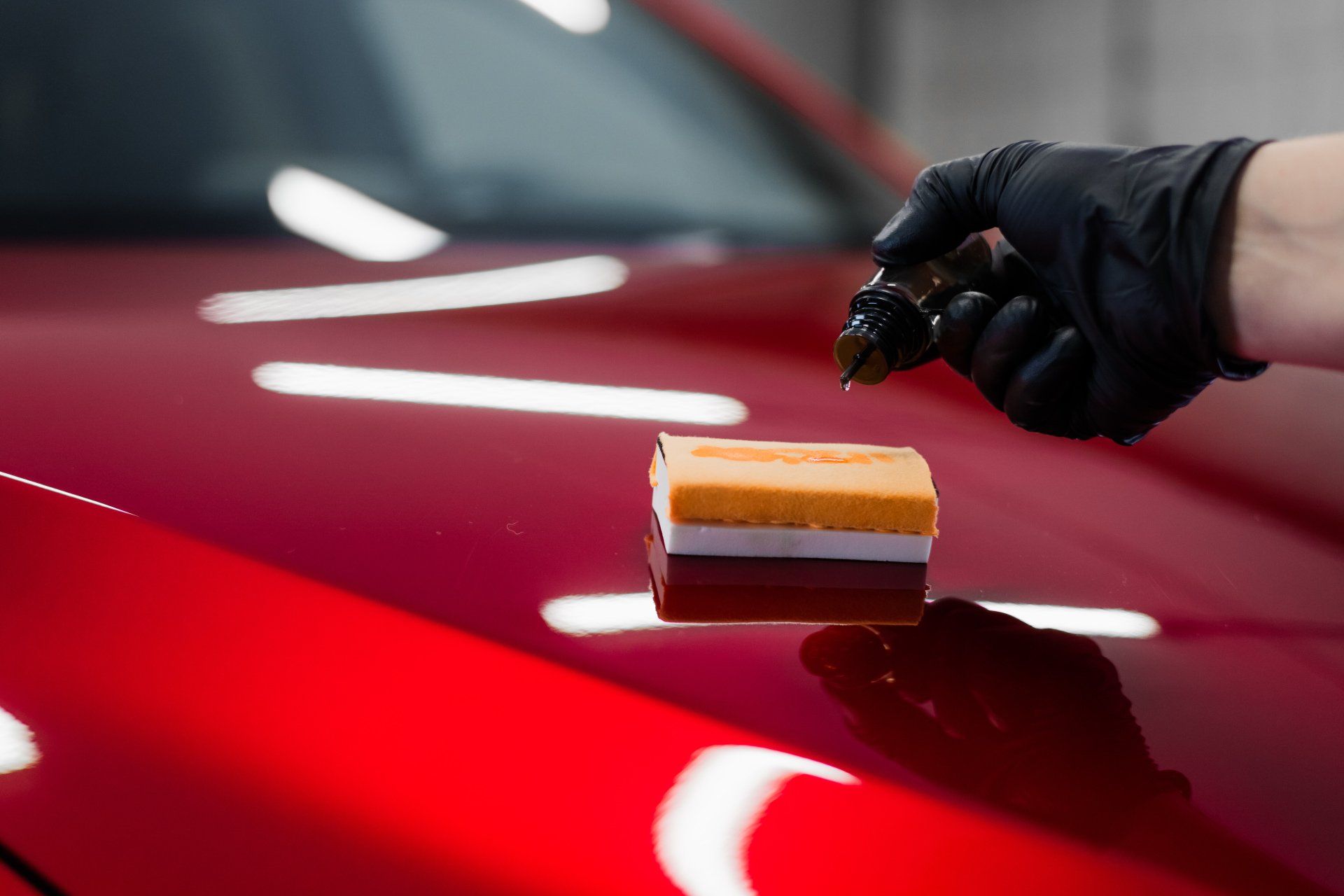A Comprehensive Guide to the Kinds Of Ceramic Finishing on the Market
Ceramic finishes have actually arised as a pivotal option throughout numerous industries due to their one-of-a-kind homes and applications. As we explore the unique qualities and applications of these coverings, the effects for performance and durability end up being increasingly obvious, elevating questions regarding which kind might best fit your requirements.
Recognizing Ceramic Coatings
Ceramic layers are innovative protective options that have actually obtained popularity in numerous sectors, specifically in automotive and aerospace applications. These finishings are composed of a liquid polymer that, when healed, develops a resilient, hydrophobic layer on the surface of the substratum. This layer provides boosted resistance to ecological pollutants, UV radiation, and chemical direct exposure, thereby extending the life and visual charm of the underlying product.
The basic part of ceramic coatings is silica, which adds to their solidity and toughness. The application procedure generally includes surface area prep work, application of the finish, and healing, which can be accomplished via heat or UV light. When cured, ceramic layers exhibit extraordinary bonding buildings, enabling them to adhere strongly to a range of surfaces, consisting of steels, plastics, and glass.
In addition to their protective functions, ceramic layers also supply ease of upkeep. Their hydrophobic nature reduces the adherence of dust and gunk, making cleaning easier and much less frequent. In general, the adoption of ceramic finishes represents a significant innovation in surface defense innovation, giving both practical and aesthetic advantages across several sectors.
Types of Ceramic Coatings
Different sorts of ceramic finishes are available, each made to satisfy particular efficiency needs and applications - ceramic coating sarasota. The most usual types include:
Silica-based Coatings: These coverings mainly are composed of silicon dioxide and are recognized for their durability and chemical resistance. They are widely used in auto and industrial applications.
Titanium Dioxide Coatings: Popular for their photocatalytic buildings, titanium dioxide coatings are usually applied in atmospheres where self-cleaning and antifungal homes are preferable, such as in building materials and vehicle finishes.
Zirconia Coatings: Defined by their high-temperature stability and thermal resistance, zirconia finishes are made use of in applications such as wind turbine engines and high-performance automotive elements.
Alumina Coatings: Showing excellent firmness and thermal security, alumina layers are regularly utilized in wear-resistant applications, including reducing devices and industrial machinery. - Paint Protection Film
Crossbreed Coatings: Integrating the residential properties of numerous products, hybrid coverings provide enhanced efficiency qualities, making them suitable for special and demanding applications.
Each kind of ceramic layer serves distinct objectives, enabling individuals to pick one of the most suitable service based on specific environmental conditions and efficiency demands.
Benefits of Ceramic Coatings
Ceramic coverings, in particular, deal various advantages that make them increasingly popular amongst manufacturers and consumers alike. These coatings are immune to scratches, chemicals, and UV rays, making sure that the underlying surface remains safeguarded over time.
In addition to sturdiness, ceramic layers provide exceptional hydrophobic properties, enabling simple cleaning and upkeep. This water-repellent nature decreases the adherence of dirt, crud, and other impurities, which can extend the visual allure and performance of the surface. Additionally, ceramic finishings can dramatically enhance thermal resistance, making them perfect for applications that endure high temperature levels.

Application Refine
When applying ceramic coatings, a meticulous strategy is important to accomplish optimal outcomes. A tidy surface area makes certain proper attachment of the finish.
When the surface is prepped, the next step is to apply the ceramic finishing. This can be done utilizing an applicator pad or a microfiber fabric, making certain also insurance coverage. It is critical to operate in tiny sections to keep control and avoid premature healing. The covering needs to be applied in thin layers, as thicker applications can lead this article to irregular coatings.
After application, the coating calls for a particular curing time, typically varying from a couple of hours to a complete day, depending on the item. During this moment, it is crucial to avoid direct exposure to moisture or impurities. Ultimately, a mild buffing might be required after treating to enhance the gloss and eliminate any kind of high areas. Adhering to these steps faithfully will take full advantage of the efficiency and durability of the ceramic finish, providing a long lasting protective layer for the surface area.
Upkeep and Longevity
To guarantee the long life and efficiency of a ceramic covering, regular upkeep is crucial. Ceramic coatings, known for their sturdiness and safety top qualities, require particular treatment routines to optimize their life expectancy and performance.
Along with normal washing, periodic examinations are important. Search for indicators of wear or damage, such as hydrophobic residential or commercial properties lessening or surface imperfections. If like it necessary, a light gloss might be applied to invigorate the layer without stripping it away.
In addition, the application of a booster spray can boost the coating's hydrophobic impacts and recover its gloss. This is especially beneficial for finishings that have actually remained in use for a prolonged period. Ultimately, by sticking to these upkeep practices, one can significantly extend the life of a ceramic covering, guaranteeing that it proceeds to supply optimal defense against ecological aspects and keep the visual charm of the automobile.
Verdict
